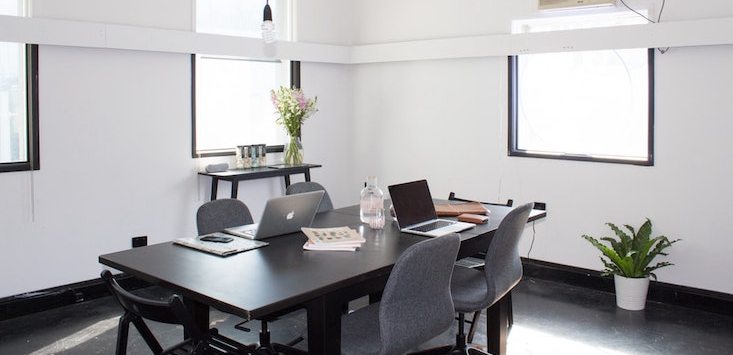
ProjectDisplaced founder Anthony Cohen worked for Qantas for 16 years and had just started a consultancy position when COVID-19 struck.
He and his partner, an orchestral musician, had lost work because of the pandemic, and he says almost everyone he knew was or was going to be impacted.
So Cohen made a post on LinkedIn seeking available roles in the hope of connecting people in the comments. However, when he received more than 3,300 callouts, he realised he wouldn’t achieve the appropriate scale or reach to share these opportunities through this method.
Over the next few days, he set up a jobs board, dubbed ProjectDisplaced. The aim was to assist displaced airline, arts, tourism and hospitality workers, and enable employers to post work opportunities.
After launching on March 16, Cohen says not-for-profit and volunteer-run ProjectDisplaced has grown exponentially. It’s now offering support to all displaced workers across Australia and New Zealand.
“Over the first 14 days, we went from zero views to over 45,000, and we [started worked with] consultants, including HR specialists, recruiters and mental health specialists,” he tells SmartCompany.
“We’ve received great reviews from people who have spoken to consultants and received advice and specialist services.
“That’s where we add value.”
“The urgency isn’t necessarily there”
Starting before the government’s wage subsidy payments — including JobKeeper and JobSeeker — were introduced, Cohen says they were initially filling an urgent gap.
The platform was supported by Mitchell Lake Group and Puffling, who “came on really early and allowed us some breathing room”.
Without disclosing the exact amount, he says the funding they received was significant for someone without a gig, and enabled the platform to cope with strong demand from the outset.
After the first two weeks, the site has experienced a slowdown, with about 8,000 hits each week compared to the first two weeks where, Cohen says, “everyone found themselves out of a job”.
“I think there are a few factors behind that,” he says.
“Because of the government programs that were introduced, there’s a bit of wait and see happening.
“People are also hoping to see business restrictions lifted and activity opening up [which may see] resource requirements return to what they were.
“The [same] urgency isn’t necessarily there.”
“Never designed to be a competitor to SEEK”
Now featuring a team of over 30 people across Australia, and with hits from around the world, ProjectDisplaced will continue to operate post-COVID-19.
Cohen says his priority is providing specialist advice and services — including free resume advice, career planning and job application preparation — for job-seekers and small and medium businesses that need support.
“I didn’t design this to be a competitor to SEEK,” he says.
“What sets us apart is the consulting and job-seeker support we provide, and will continue to provide, moving forward.”
As government wage subsidy programs are set to be changed or eventually removed, Cohen says now is the time to explore these services and prepare for a different future.
“I would love to be the optimist, and I usually am, but I fear we’ll see a second wave of unemployment when JobKeeper finishes,” he says.
“Lots of jobs will return, but they won’t look exactly the same. ProjectDisplaced is a one- to two-year prospect at a minimum, not a short-term thing.”
While COVID-19 has made these services more important, he adds that there was already a need for them prior to the pandemic.
“I think people were happy to explore new opportunities and have confidential chats with recruiters, but … the impact [COVID-19] is having on people’s income and life has really created this opportunity.”
NOW READ: What’s the deal with JobKeeper and annual leave? Fair Work Commission offers insights



COMMENTS
SmartCompany is committed to hosting lively discussions. Help us keep the conversation useful, interesting and welcoming. We aim to publish comments quickly in the interest of promoting robust conversation, but we’re a small team and we deploy filters to protect against legal risk. Occasionally your comment may be held up while it is being reviewed, but we’re working as fast as we can to keep the conversation rolling.
The SmartCompany comment section is members-only content. Please subscribe to leave a comment.
The SmartCompany comment section is members-only content. Please login to leave a comment.